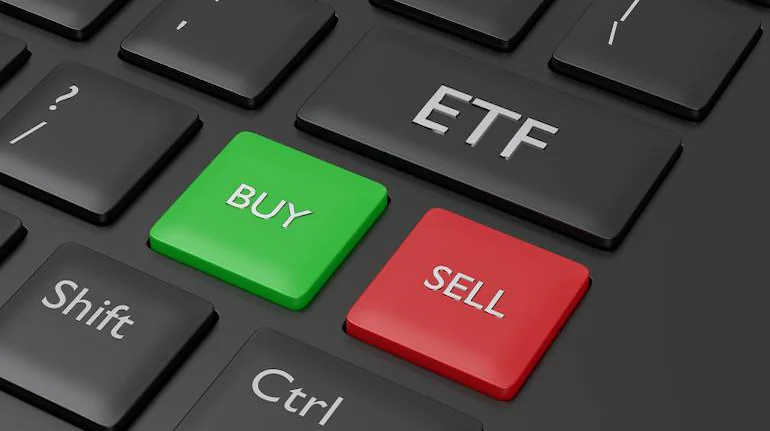Introduction
If you’re brand-new to the world of stock market investing, Exchange-Traded Funds [ETFs] can be a simple and easy option to start your investment journey. Without putting in too much effort or expense, ETFs can help you generate impressive returns in the long run. Besides, they are easy to understand and allows you to invest according to specific objectives. Let’s look at what you need to know about ETFs and how to buy them.
Understanding Exchange Traded Funds
An ETF is just like a stock. It can also be viewed as a basket of securities traded on the stock exchange. An ETF pools in financial resources from several investors to purchase a wide range of monetary assets such as bonds, derivatives, equities, debt etc. So, if you are a new investor and have limited expertise in the stock market, investing in ETFs can be a suitable option.
How do ETFs work?
On the surface, mutual funds and ETFs appear alike. However, they are traded differently.
While mutual funds are priced only once every day, ETFs trade just like stocks on the stock exchange, which means ETF prices fluctuate throughout the trading day.
ETF funds are listed on all important stock exchanges and can be transacted based on the equity trading time. To buy and sell ETFs, you need to have a demat and trading account. The price of an ETF depends on several costs of its underlying assets in the pool of resources. For instance, if the cost of one or more assets goes up, the price of the ETF could rise proportionately or vice versa.
ETFs are either actively or passively managed. A portfolio manager handles an actively managed ETF. The manager carefully assesses stock market conditions and invests in companies with high potential after adequately researching and calculating risks. A passively managed ETF follows the trends of specific market indices. These ETFs invest only in those companies listed on the rising charts.
How to buy ETFs?
To invest in ETFs, you need to hold a demat and trading account with a recognized and well-reputed SEBI-authorised broker. You can buy and sell ETF units within your trading account, and on delivery of ETFs, the units are credited to your demat account.
To initiate the purchase of ETFs, you need to fund your trading account to 100% of the investment. You can then place the buy order depending on the liquidity available. You can purchase ETFs on the market based on their liquidity. On placing the order, the trade is executed. You are likely to receive the ETF contract on the same day evening along with transaction details such as stamp duty, exchange charges, brokerage charges, statutory fees and others.
The purchased ETF units would be credited to your demat account in T+2 days. On obtaining the credit, you can choose to sell the shares at any time or at an excellent exit opportunity.
When selling ETFs, you need to execute the trade through your trading account based on adequate liquidity. On completing the transaction, you will receive the contract on the same day with relevant details. The money then gets credited into your linked bank account by the end of T+2 days. If you choose to sell global ETFs benchmarked to international indices, it could take six days to complete the payment cycle.
Why you need to invest in ETFs
ETFs operate like every other equity asset and can be transacted like stocks. With ETFs, you do not need to worry about redemptions. ETFs also come in several varieties and types. For instance, you can choose to participate in gold ETFs as an alternative to holding gold in its physical form.
ETFs are also excellent means of diversifying your risk. Besides, passively managed ETFs enjoy low expense ratios and efficiently allow you to participate in markets at a low cost.
Conclusion
To invest in ETFs, you need the correct trading application that forms the critical link between you and the stock market.
Disclaimer – ICICI Securities Ltd. ( I-Sec). Registered office of I-Sec is at ICICI Securities Ltd. – ICICI Venture House, Appasaheb Marathe Marg, Prabhadevi, Mumbai – 400 025, India, Tel No : 022 – 6807 7100. AMFI Regn. No.: ARN-0845. We are distributors for Mutual funds. Mutual Fund Investments are subject to market risks, read all scheme related documents carefully. Please note, Mutual Fund related services are not Exchange traded products and I-Sec is just acting as distributor to solicit these products. All disputes with respect to the distribution activity, would not have access to Exchange investor redressal forum or Arbitration mechanism. The contents herein above shall not be considered as an invitation or persuasion to trade or invest. I-Sec and affiliates accept no liabilities for any loss or damage of any kind arising out of any actions taken in reliance thereon. The contents herein mentioned are solely for informational and educational purpose.
